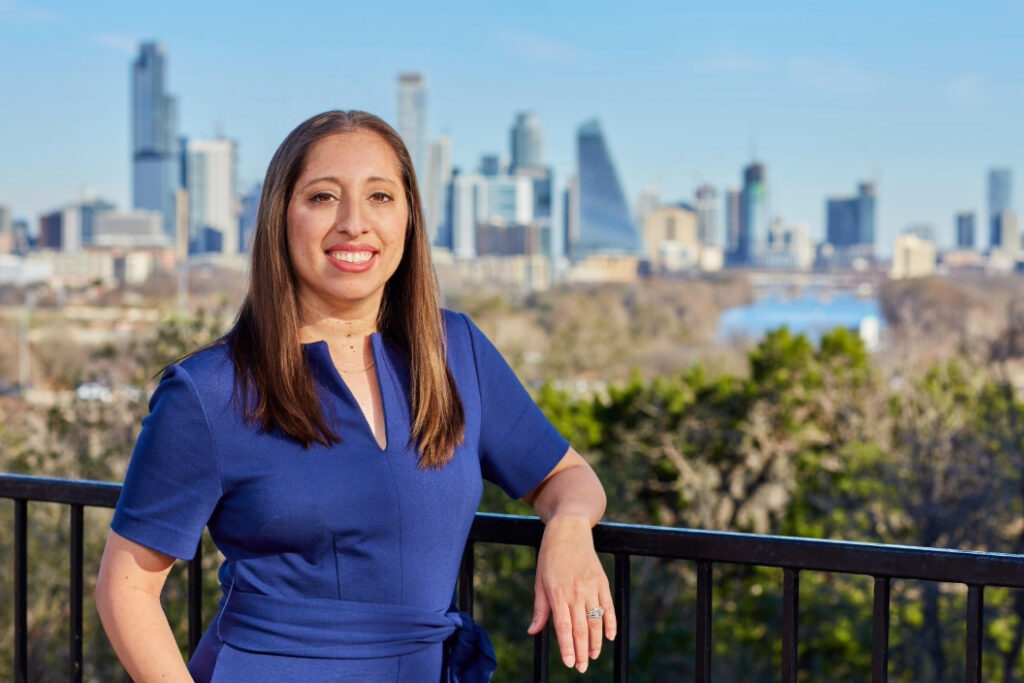Now in its 25th year, Capital IDEA propels individuals from low-income jobs to high-demand careers in health care and IT, emphasizing success stories and community engagement.

By Isabell Neumann. Photo by Justin Leitner Photography
In its 25th year, Capital IDEA sparks career metamorphoses for local adults, propelling them from low-income jobs to thriving professions. Championing family-sustaining wages, diversity, and community empowerment. As Executive Director Alyssia Palacios-Woods states, “We only focus on those careers that will pay a family-sustaining wage, ensuring a path to the middle class.” The success stories shared emphasize the program’s efficacy, supported by a mix of public and private funding. The organization’s commitment to community engagement, diversity, and adaptability to post-pandemic challenges is evident. The program offers comprehensive support services, maintains an active alumni network and continues to empower individuals through education and economic opportunities.
This year, Capital IDEA celebrates its 25th anniversary. In that time, the organization has transformed the aspirations of community adults aiming to transition into sought-after professions. “Capital IDEAs mission is to help local adults move into local ideas,” Palacios-Woods aptly states. The goal is to help individuals get out of poverty through educational support and career placement and into living-wage careers. “We serve adults who are working low-income jobs and are below median income levels for Austin and the region as a whole.”
Funding comes from a combination of public and private sources. Founded by Central Texas Interfaith, the organization collaborates closely with Capital IDEA, having helped develop it 25 years ago. “We try to maximize our partnerships with other organizations and nonprofits and use referral systems to make sure our information gets into the hands of people who need it most,” says Palacios-Woods.
Metrics such as enrollment, graduation rates and job placements guide Capital IDEA’s success. “We know that graduation is a huge milestone,” Palacios-Woods stresses. “But we help you all the way through to placement.” She emphasizes the organization’s commitment to seamless transitions from education to employment.
Diversity and inclusion are integral to Capital IDEA’s approach. Around “80% [of students]tend to be women and people of color,” Palacios-Woods shares. This deliberate effort aligns with the organization’s commitment to cultural competency, especially in the health care industry.
One of many success stories is that of Kat Flatley. After experiencing a tumultuous upbringing, she found Capital IDEA. The organization offered her financial support in terms of covering her tuition, supplying her with textbooks and more. Flatley has now served various Ascension hospitals as an ICU and ER nurse for 17 years. “Having the opportunity to become a nurse was a true gift. Capital IDEA believed in me when no one else did,” says Flatley in a personal testimonial taken from Capital IDEA’s website.
Community involvement is key. Grassroots efforts play a crucial role in reaching those who might not discover the program through traditional channels. “I want people to know that we exist here and for them to hear some of the stories of our graduates,” says Palacios-Woods. As Capital IDEA continues to evolve, its impact on individuals, families and the community remains a testament to its enduring commitment to education, diversity and economic empowerment.

